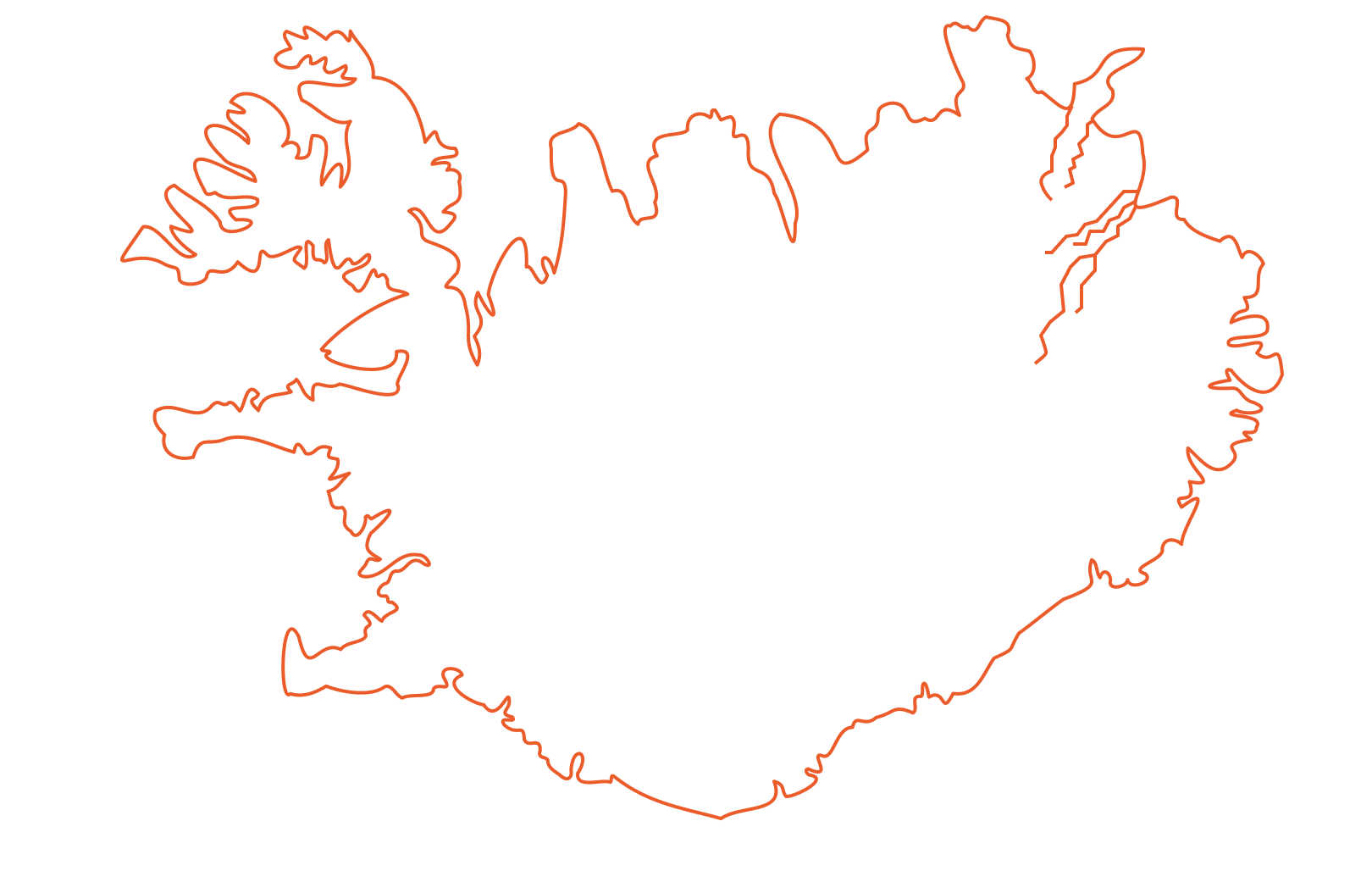

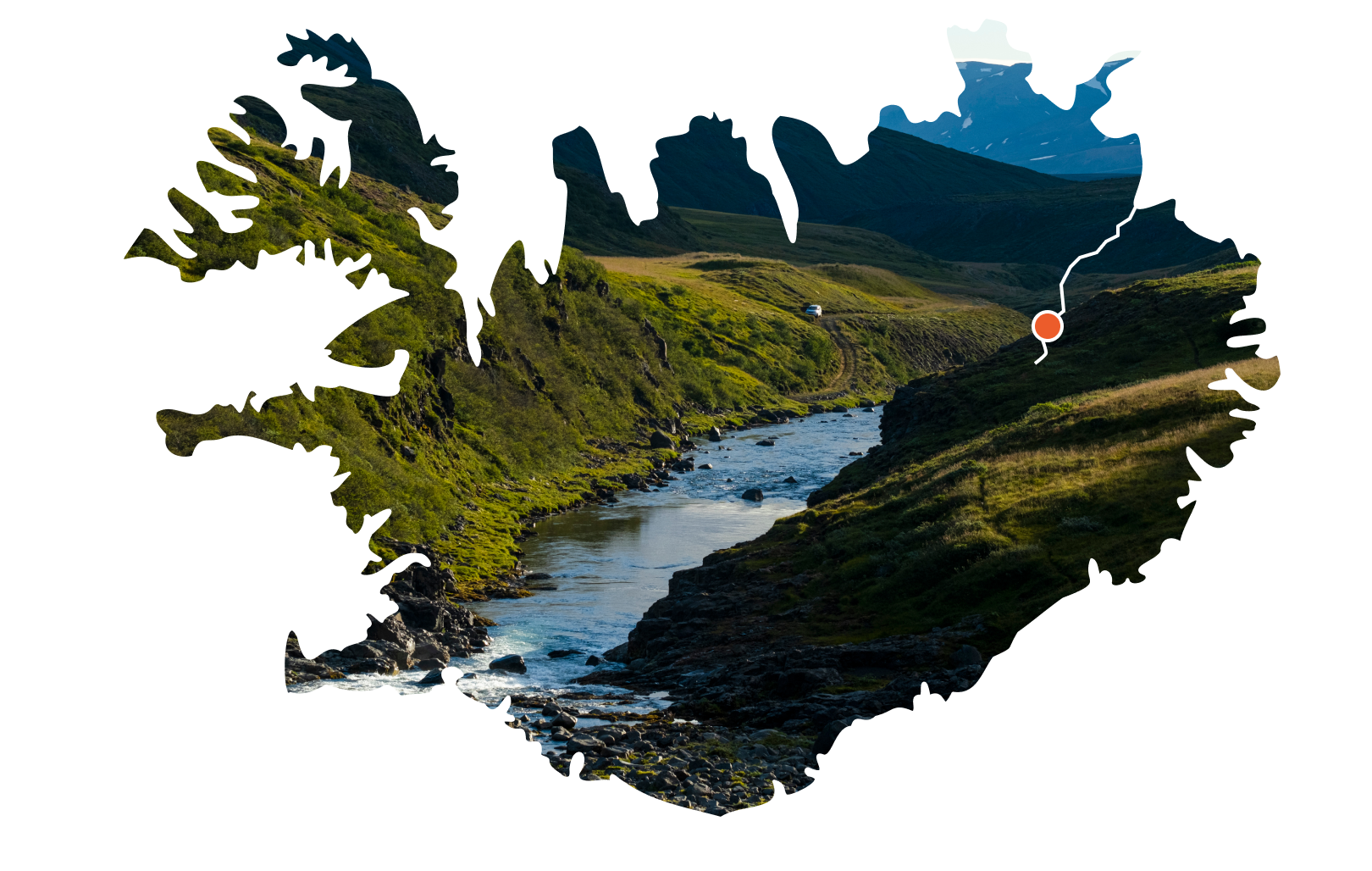

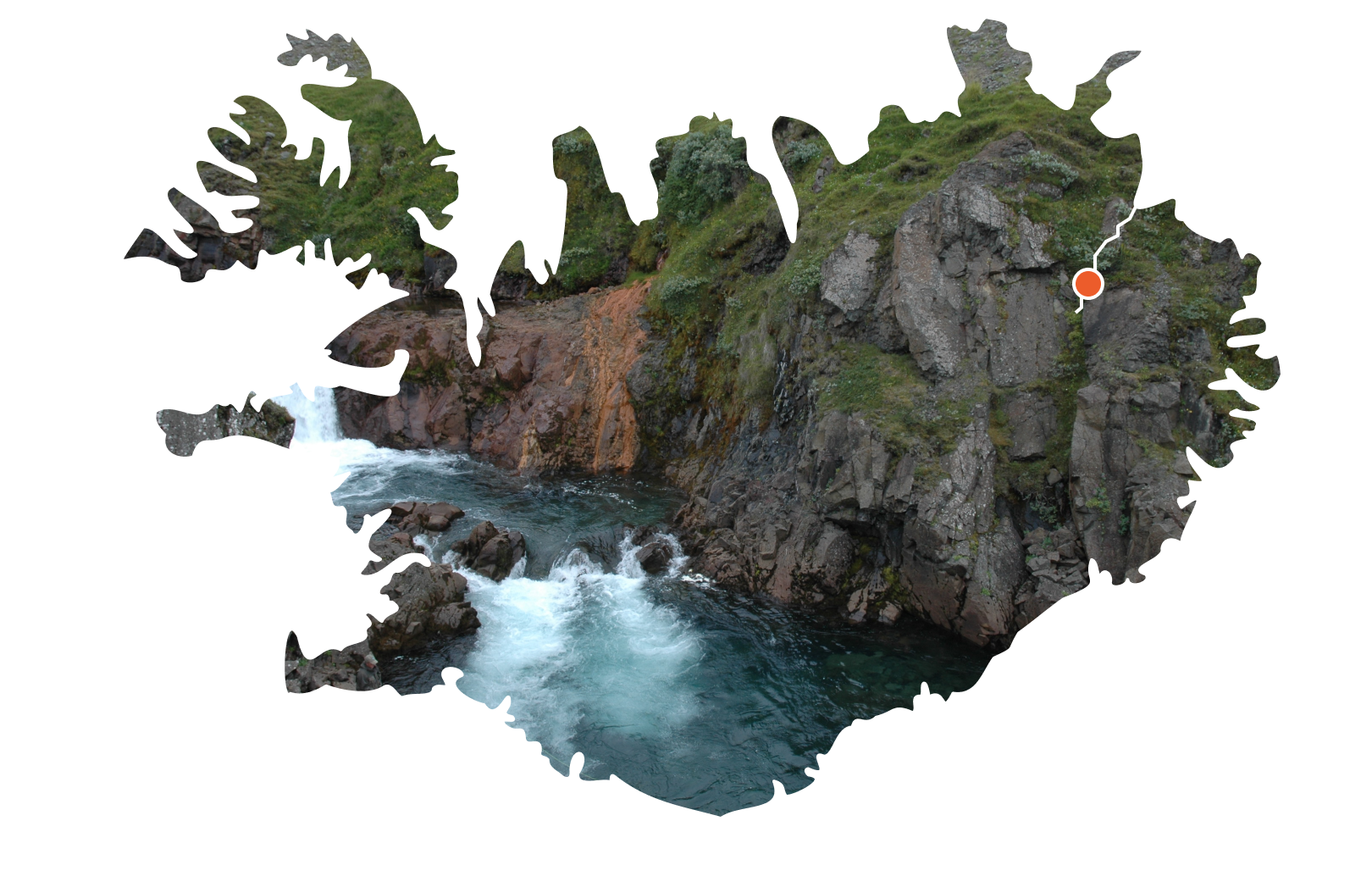

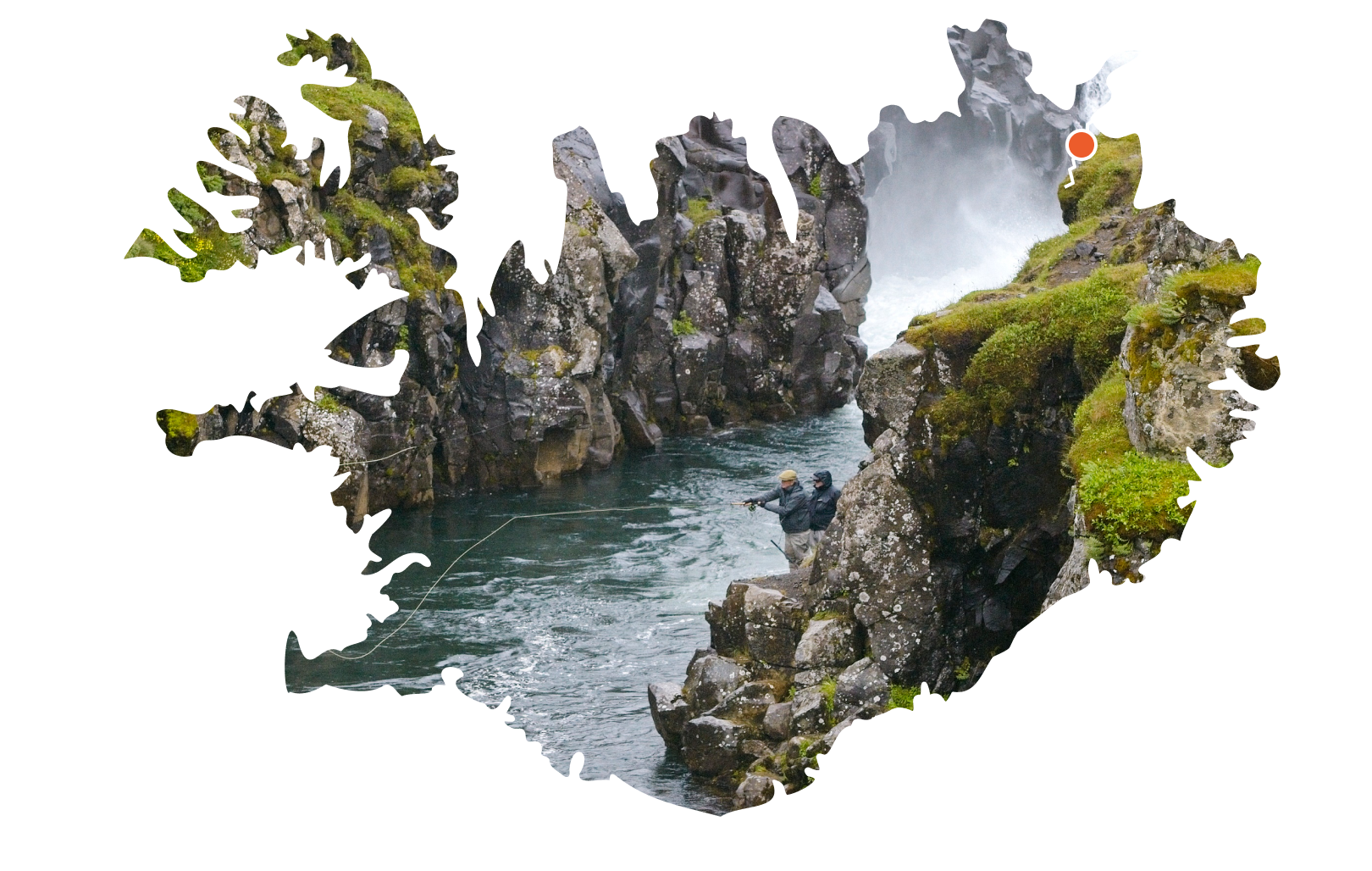

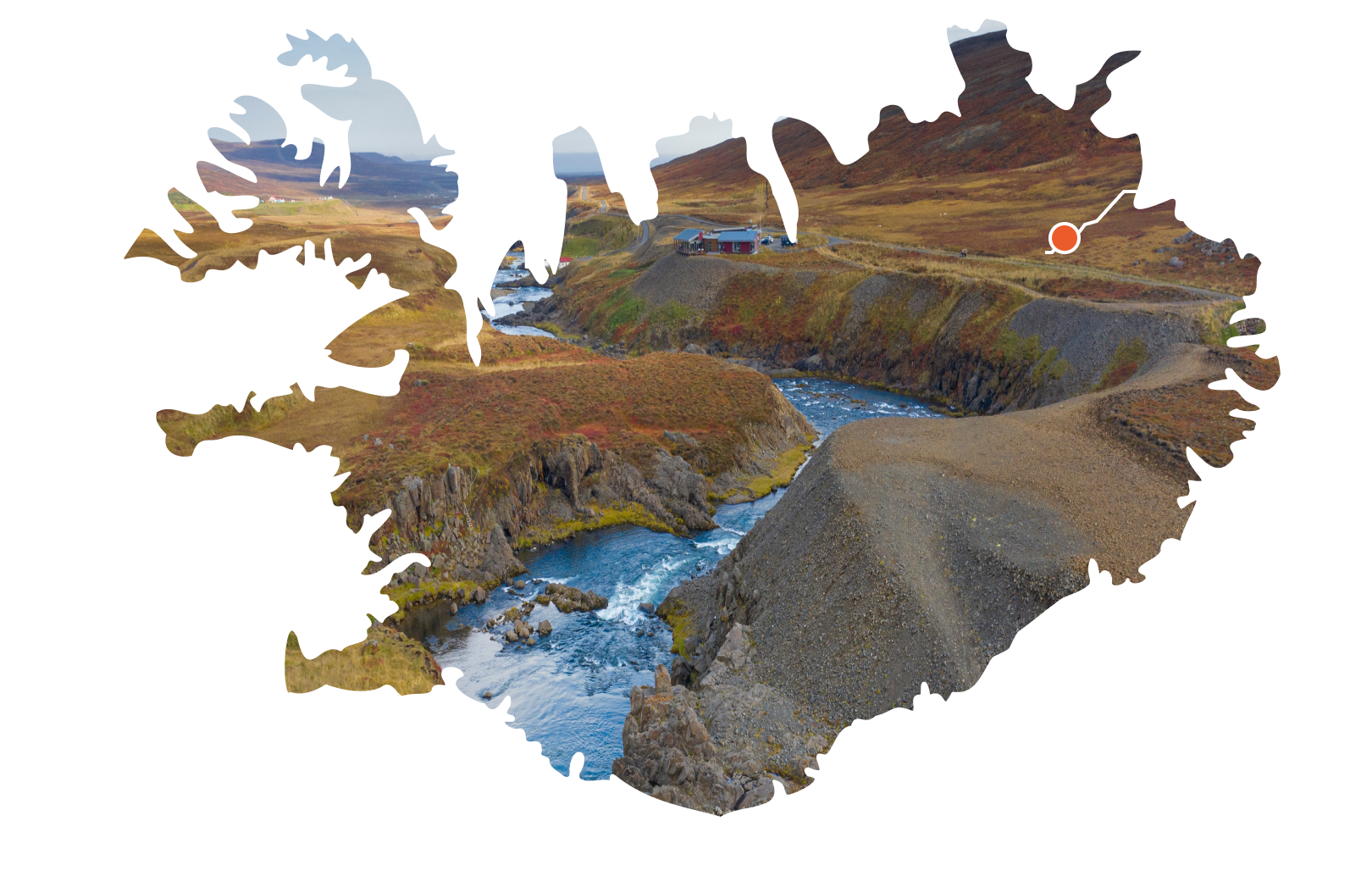

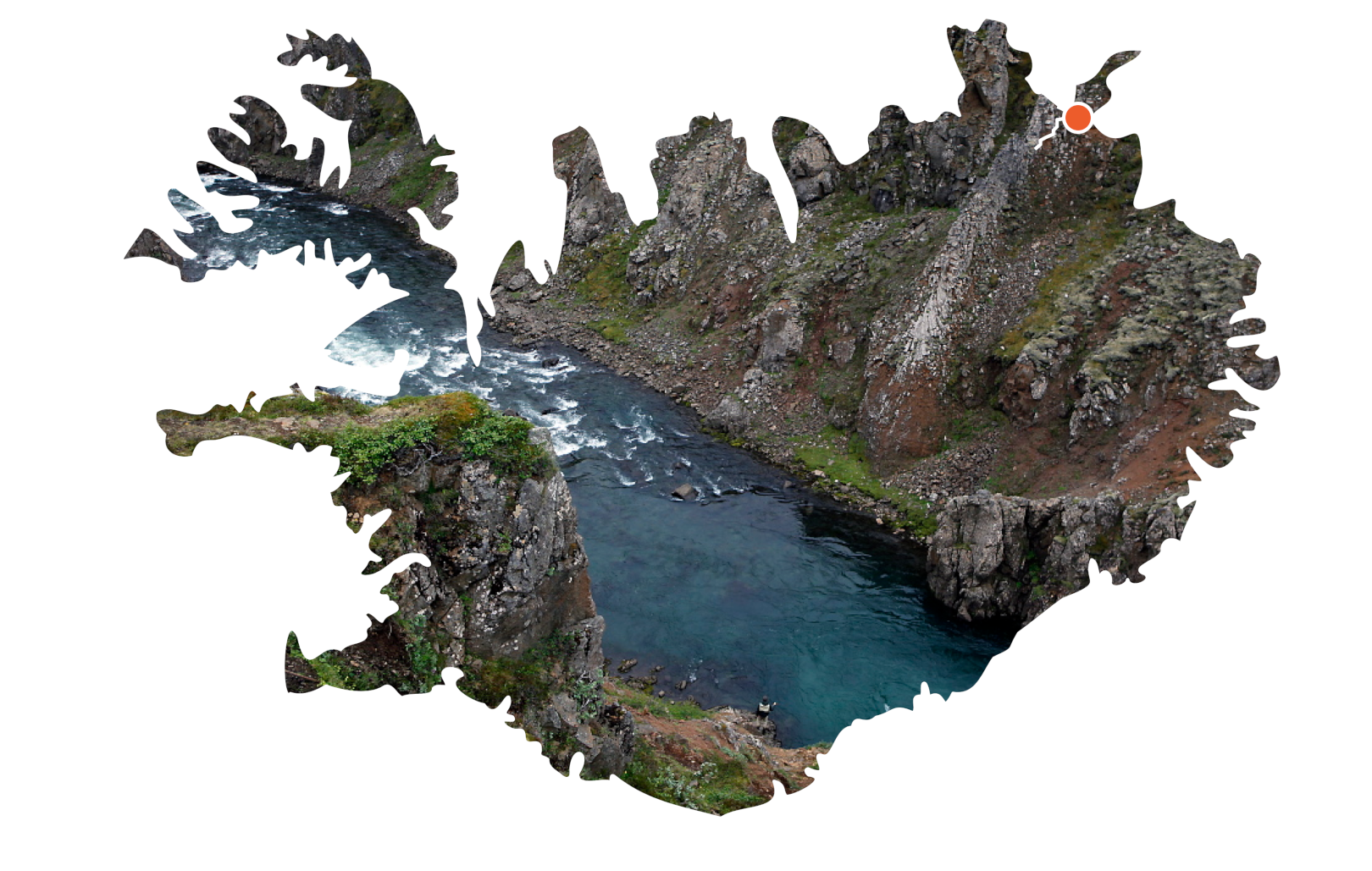

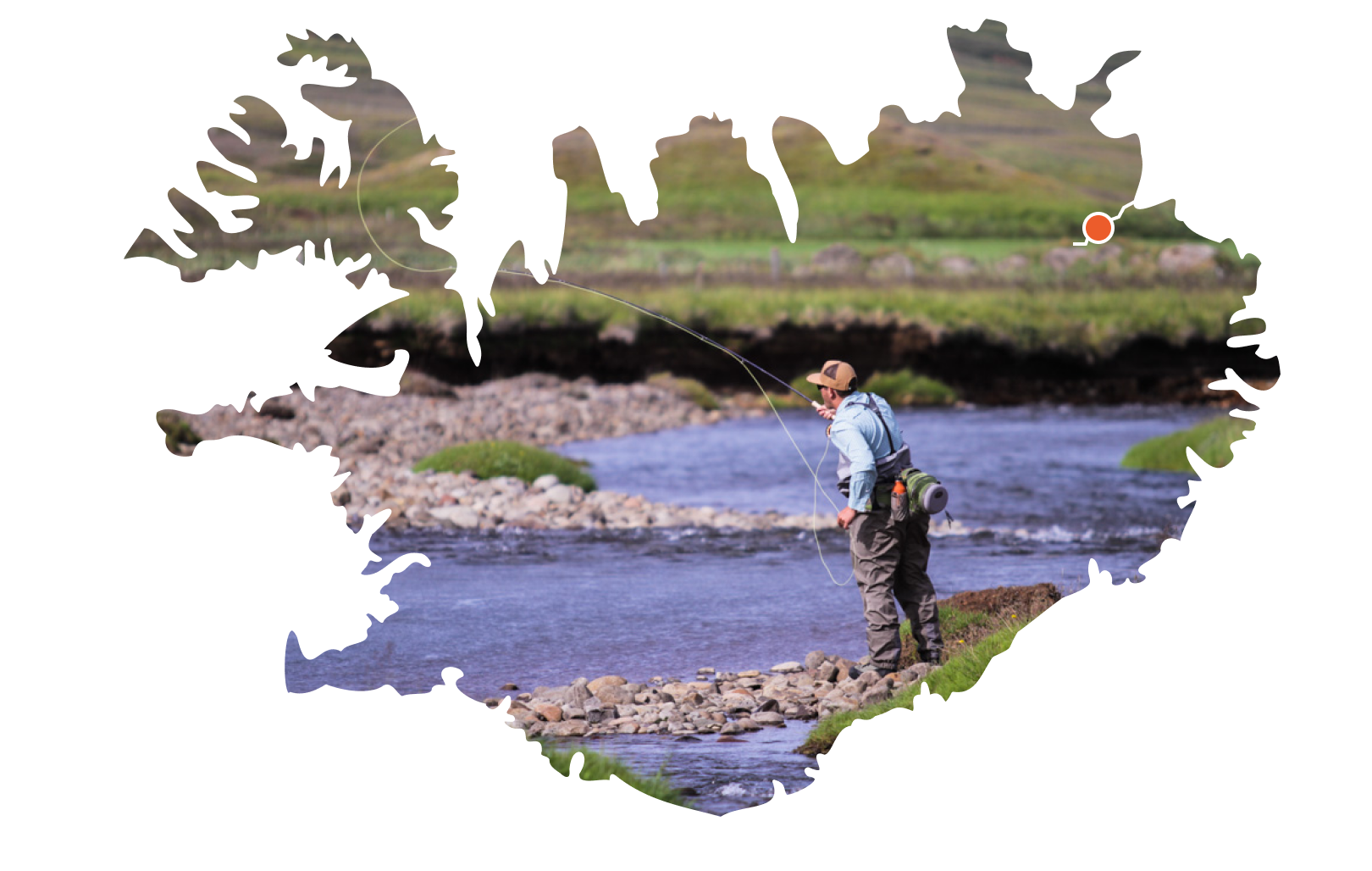

The Hofsá river
One of the most beautiful salmon rivers in Iceland.
The Sunnudalsá river
Gin clear waters and fine salmon fishing.
The Midfjardara river
Undiscovered salmon gem. Remote wilderness.
The Selá river
Stunning fishing, stunning scenery. We think it’s the best.
The Hafralónsá river
One of the most powerful rivers in northeastern Iceland.
The Tungulaekur river
A small intricate river that rises up from Eldhraun, a spring in Iceland's largest lava field in the central south.
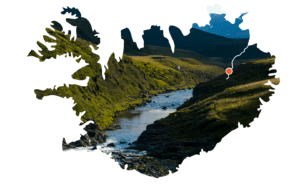

One of the most beautiful salmon rivers in Iceland.
learn more
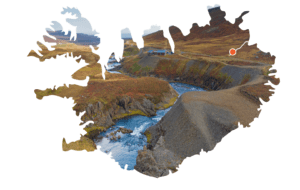

Stunning fishing, stunning scenery. We think it’s the best.
learn more
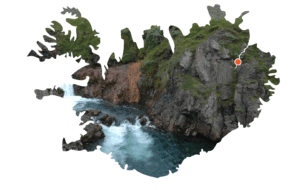

Gin clear waters and fine salmon fishing.
learn more
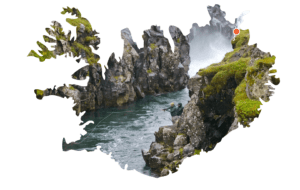

Undiscovered salmon gem. Remote wilderness.
learn more
Catches of salmon (2020)
northern europe |
11,000t in 1976
southern europe
9,800t in 1976
north america
4,600t in 1976
greenland & faroes
2,086t in 1976